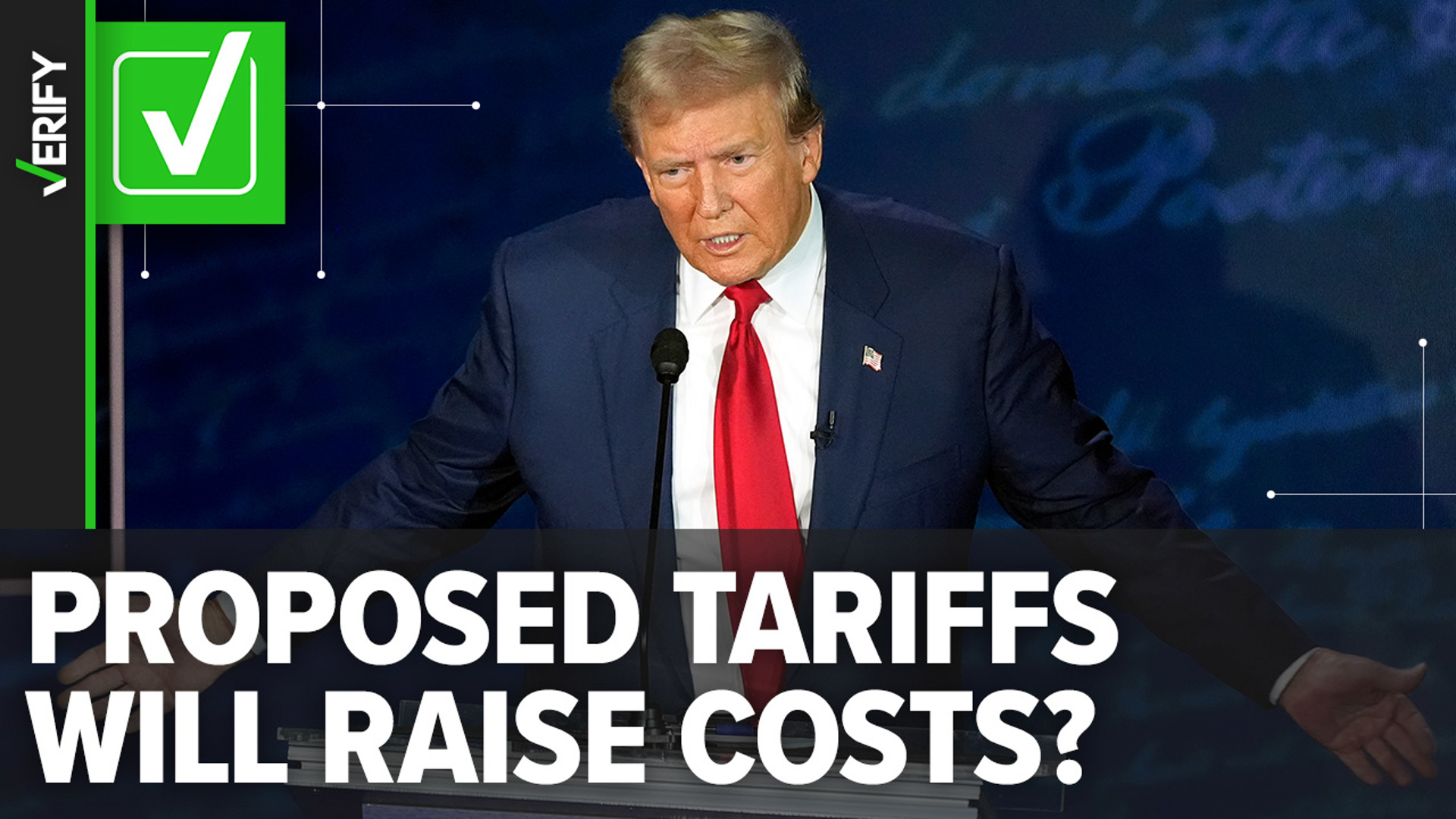Europe And Bangladesh: A Partnership For Sustainable Growth

Table of Contents
Economic Collaboration: Trade and Investment
The economic ties between Europe and Bangladesh are substantial and growing. This section will delve into the crucial aspects of bilateral trade and the potential for increased European investment in Bangladesh.
Boosting Bilateral Trade
Bangladesh's ready-made garment (RMG) industry is a global powerhouse, with Europe as a major export destination. However, the potential for growth extends beyond textiles. The partnership between Europe and Bangladesh presents significant opportunities for diversification and expansion.
- Growth Potential: Sectors like pharmaceuticals, leather goods, and jute products offer significant export potential for Bangladesh to the European market.
- Trade Agreements: The Everything But Arms (EBA) initiative offers preferential access to the EU market for many Bangladeshi products, playing a crucial role in boosting trade. Further tariff reductions and streamlined trade processes could unlock even greater potential.
- Tariff and Non-Tariff Barriers: Addressing remaining tariff and non-tariff barriers is crucial to facilitate smoother and more efficient trade flows between Europe and Bangladesh.
Attracting European Investment
Bangladesh's young and dynamic population, coupled with government initiatives to improve the business environment, presents attractive opportunities for European investment.
- Investment Incentives: The Bangladeshi government offers various incentives to attract foreign direct investment (FDI), including tax breaks and streamlined regulatory processes.
- Ease of Doing Business: Ongoing reforms aimed at improving the ease of doing business in Bangladesh are crucial for attracting sustained European investment.
- Risk Mitigation Strategies: Collaboration on risk mitigation strategies, including addressing potential political and economic risks, is vital for fostering investor confidence.
- Government Support: Strong government support for foreign investors and a commitment to transparency and regulatory predictability are essential factors.
Sustainable Development Goals (SDGs) and Cooperation
The partnership between Europe and Bangladesh extends beyond economic collaboration to encompass a shared commitment to the Sustainable Development Goals (SDGs).
Climate Change Mitigation and Adaptation
Bangladesh is highly vulnerable to the impacts of climate change, making collaboration with Europe crucial for building resilience.
- Renewable Energy Projects: Joint ventures in renewable energy, such as solar and wind power, are essential for reducing carbon emissions and enhancing energy security.
- Disaster Risk Reduction: Strengthening disaster preparedness and response mechanisms is critical for mitigating the impact of climate-related disasters.
- Climate-Resilient Infrastructure: Investing in climate-resilient infrastructure is vital for protecting communities and assets from the impacts of climate change.
- Cooperation on Climate Finance: Enhanced cooperation on climate finance mechanisms, including access to international climate funds, is vital to support climate action initiatives.
Promoting Good Governance and Human Rights
Strengthening good governance, human rights, and labor standards is paramount for achieving sustainable development in Bangladesh.
- EU Support for Democratic Reforms: The EU provides significant support to promote democratic reforms, strengthening institutions, and upholding the rule of law.
- Improving Labor Conditions: Collaboration to improve working conditions, particularly in the RMG sector, is crucial for ensuring fair labor practices.
- Promoting Gender Equality: Promoting gender equality and empowering women are vital for fostering inclusive and sustainable development.
- Strengthening Human Rights Mechanisms: Strengthening human rights mechanisms and promoting accountability are essential for ensuring respect for human rights.
Challenges and Opportunities for Strengthening the Partnership
While the partnership between Europe and Bangladesh offers immense potential, several challenges need to be addressed to fully realize its potential.
Addressing Trade Imbalances
The significant trade imbalance between Europe and Bangladesh presents a challenge. Strategies for creating a more balanced and mutually beneficial relationship are crucial.
- Diversifying Exports: Bangladesh needs to diversify its exports beyond RMG to include higher value-added products.
- Developing Higher Value-Added Products: Investing in research and development, skills development, and technological innovation is key to developing higher value-added products.
- Strengthening Value Chains: Strengthening value chains, both domestically and internationally, is vital for enhancing competitiveness and creating higher value.
Ensuring Sustainable and Ethical Sourcing
Ensuring sustainable and ethical sourcing practices, particularly in the RMG industry, is critical for maintaining the integrity of the partnership.
- Promoting Transparency and Accountability: Promoting transparency and accountability throughout the supply chain is crucial for ensuring ethical sourcing.
- Supporting Worker Rights Initiatives: Supporting worker rights initiatives and promoting fair labor practices are vital for protecting worker rights.
- Improving Working Conditions: Improving working conditions, including wages, safety, and health, is essential for enhancing the well-being of garment workers.
Geopolitical Context
The EU-Bangladesh partnership must be considered within the broader context of regional and global geopolitical developments. Navigating this complex landscape requires a strategic approach.
Conclusion
The partnership between Europe and Bangladesh holds immense potential for sustainable growth and mutual prosperity. Increased collaboration in economic development, sustainable development initiatives, and addressing shared global challenges will yield substantial benefits for both regions. Continued dialogue and cooperation are vital for navigating the challenges and capitalizing on the opportunities presented by this dynamic relationship. To learn more about the exciting opportunities for collaboration and investment in strengthening EU-Bangladesh ties, engage with organizations and initiatives promoting sustainable growth in both regions. The future of Europe and Bangladesh cooperation is bright, and proactive engagement is key to unlocking its full potential.

Featured Posts
-
 Rekordnoe Chislo Svadeb Na Kharkovschine 40 Par Pozhenilis V Odin Den
May 25, 2025
Rekordnoe Chislo Svadeb Na Kharkovschine 40 Par Pozhenilis V Odin Den
May 25, 2025 -
 Best Of Bangladesh Netherlands Event Attracts European Investors
May 25, 2025
Best Of Bangladesh Netherlands Event Attracts European Investors
May 25, 2025 -
 Get Bbc Radio 1 Big Weekend 2025 Tickets Official Ticketing Information And Tips
May 25, 2025
Get Bbc Radio 1 Big Weekend 2025 Tickets Official Ticketing Information And Tips
May 25, 2025 -
 Broadcoms Extreme V Mware Price Hike A 1 050 Jump At And T Claims
May 25, 2025
Broadcoms Extreme V Mware Price Hike A 1 050 Jump At And T Claims
May 25, 2025 -
 Sudden Downfall 17 Celebrities Whose Careers Imploded
May 25, 2025
Sudden Downfall 17 Celebrities Whose Careers Imploded
May 25, 2025
Latest Posts
-
 Increased Demand For Alternative Delivery Impact Of Canada Posts Service Issues
May 25, 2025
Increased Demand For Alternative Delivery Impact Of Canada Posts Service Issues
May 25, 2025 -
 How Canada Posts Problems Benefit Rival Delivery Networks
May 25, 2025
How Canada Posts Problems Benefit Rival Delivery Networks
May 25, 2025 -
 Us Tariff Fallout Strategies For Increased Canada Mexico Trade
May 25, 2025
Us Tariff Fallout Strategies For Increased Canada Mexico Trade
May 25, 2025 -
 The Rise Of Alternative Delivery Services In Canada A Response To Canada Post Issues
May 25, 2025
The Rise Of Alternative Delivery Services In Canada A Response To Canada Post Issues
May 25, 2025 -
 Analyzing The Impact Of A Potential Canada Post Strike On Customers
May 25, 2025
Analyzing The Impact Of A Potential Canada Post Strike On Customers
May 25, 2025
